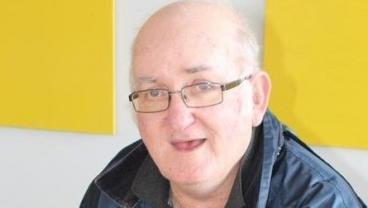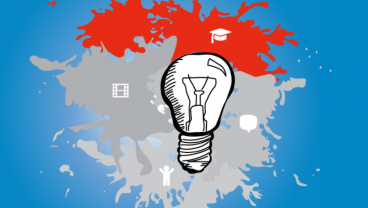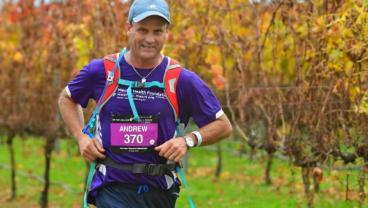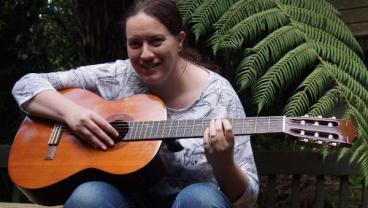Minnie
Lessons on being who you are
Minnie Baragwanath is chief executive and creator of the Be. Institute, a social enterprise that inspires and enables a 100 percent accessible society for all people.
Through the mediums of documentary, animation, design and storytelling, Be. is narrating and illustrating a new story of human possibility.
Minnie presented at the Like Minds seminar in April and shares her thoughts on societal barriers and the Like Minds programme.
What are some of the similarities between the work of the Like Minds programme and the Be. Institute?
Fundamentally they are both about changing attitudes. People say that it takes a generation for societal attitudes to change and both programmes are in it for the long haul.
We often use Like Minds as a reference point and tell people what we are doing is similar to what Like Minds is doing – we are both trying to get into minds and hearts of New Zealanders – and people get that.
Another overlap is that the Be. Institute advocates for an accessible world for everyone. Some people might call it ‘inclusion’, as we don’t draw a line to say ‘who is in and who is out’. In a very tangible way, our programmes are similar.
Why do you think it is important to break down barriers and attitudes of exclusion in society?
Categorising people can be very destructive and wasteful of human creativity and of life. One of my pet hates is being labelled or boxed in by someone else’s point of view. It’s so limiting, presumptuous and judgemental. I believe that a sign of maturity in a society is the ability to see someone as a bit of this and a bit of that. If we can hold onto that paradox, we can liberate others and ourselves. On the other hand, paradoxically, sometimes being boxed in is extremely motivating – it can give us something to really push against and result in us achieving more than we even thought possible of ourselves.
Do you think Like Minds aim of reducing stigma and discrimination associated with mental distress is having an impact?
I think Like Minds has done something to New Zealanders that we can’t even measure yet. The messaging has been good for everyone’s mental health by helping us to tap into some of our better qualities. We needed those conversations to improve our psyche – and Like Minds started that dialogue.
Good reads

Poetry as a way through
Terry's story
Terry Lynch is a radio show host and prolific poet penning his... Read more

Editorial
The benefits of having experienced mental illness
It feels almost flippant to be talking about the benefits of having... Read more

Two+ Rethink programme takes off
People working in education and housing organisations in the North Island will... Read more

Opening the conversation
PTSD - What to say
Do you know someone with Post-Traumatic Stress Disorder (PTSD)? It can be really... Read more



